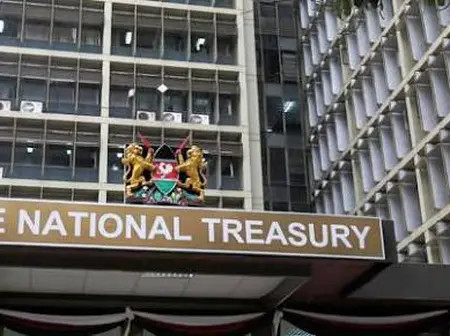
Kenya Revenue Authority (KRA) Chairman Ndiritu Muriithi has moved to dispel fears that the agency intends to access Kenyans’ M-Pesa or bank accounts. He clarified that the concerns stemmed from a misinterpretation of past Finance Bill provisions.
Speaking on Monday, September 22, 2025, Muriithi explained that KRA has no plans to directly monitor personal transactions. He noted that confusion arose when details in the Finance Bill were misunderstood as granting such sweeping powers to the agency.
He pointed out that when individuals make payments, such as through M-Pesa, funds are distributed correctly. Money intended for businesses or statutory contributions is channeled accordingly, without interference. Miscommunication, he said, led many to assume otherwise.
Muriithi emphasized that KRA will improve communication to prevent future misunderstandings. He assured Kenyans that the agency’s aim is to make tax collection more efficient, not to intrude into private financial dealings or track routine transactions of citizens.
He stressed that widening the tax base is necessary to reduce the burden on a limited number of compliant taxpayers. According to him, if more Kenyans participate, the rates for both individuals and businesses could be lowered significantly.
The chairman reiterated that personal data protection remains a priority. KRA’s focus, he said, is to create a fair and sustainable tax system that encourages participation while balancing efficiency and respect for individual privacy.
Public concern had intensified after the Finance Bill, 2024 proposed exempting KRA from certain data protection laws. The draft law suggested allowing the agency access to customer records from banks and telecommunications firms for tax enforcement purposes.
Muriithi clarified that those contentious provisions had already been removed. He reassured the public that the tax authority would not compel financial institutions to disclose sensitive customer data, as many had feared during the heated discussions around the Bill.






